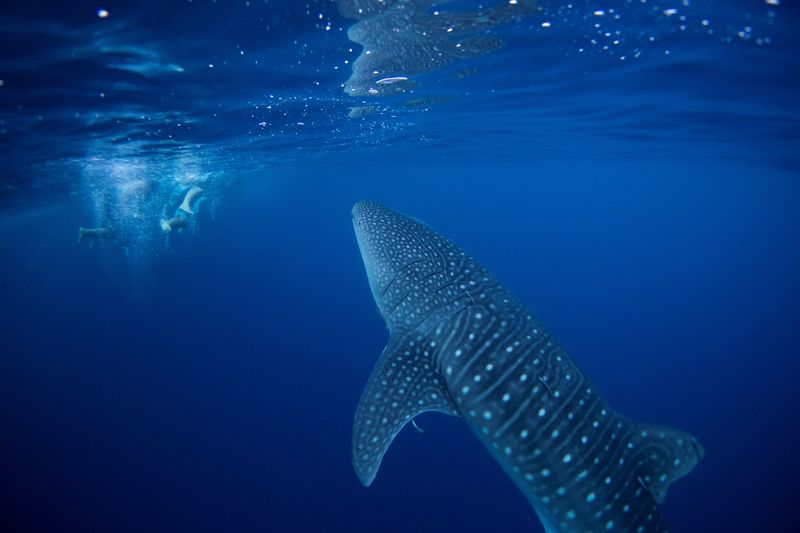By David Stanway
(Reuters) -Negotiators from more than 100 countries completed a U.N. treaty to protect the high seas on Saturday, a long-awaited step that environmental groups say will help reverse marine biodiversity losses and ensure sustainable development.
The legally binding pact to conserve and ensure the sustainable use of ocean biodiversity, under discussion for 15 years, was finally agreed after five rounds of protracted U.N.-led negotiations that ended in New York on Saturday, a day after the original deadline.
"The ship has reached the shore," the U.N. conference president, Rena Lee, said after a marathon final day of talks.
The treaty is seen as a crucial component in global efforts to bring 30% of the world's land and sea under protection by the end of the decade, a target known as "30 by 30" agreed in Montreal in December.
Economic interests were a major sticking point throughout the latest round of negotiations, which began on Feb. 20, with developing countries calling for a greater share of the spoils from the "blue economy", including the transfer of technology.
An agreement to share the benefits of "marine genetic resources" used in industries like biotechnology also remained an area of contention until the end, dragging out talks.
The European Commission, the executive arm of the European Union, hailed the agreement as a "historic moment".
"With the agreement on the UN High Seas Treaty, we take a crucial step forward to preserve the marine life and biodiversity that are essential for us and the generations to come," said Virginijus Sinkevicius, the European commissioner
for the environment, oceans and fisheries.
Greenpeace says 11 million square km (4.2 million square miles) of ocean needs to be put under protection every year until 2030 to meet the target.
Very little of the high seas is subject to any protection, with pollution, acidification and overfishing posing a growing threat.
"Countries must formally adopt the treaty and ratify it as quickly as possible to bring it into force, and then deliver the fully protected ocean sanctuaries our planet needs," said Laura Meller, a Greenpeace oceans campaigner who attended the talks.
"The clock is still ticking to deliver 30 by 30. We have half a decade left, and we can't be complacent.”
Sweden, which was involved in the negotiations as the holder of the EU's rotating presidency, said the agreement was the "most important international environmental deal" since the 2015 Paris Agreement on tackling climate change.
"It is also a victory for the UN and the global system that we have managed to deliver such an important agreement at a very challenging time,” Swedish Foreign Minister Tobias Billstrom said in a written statement.
